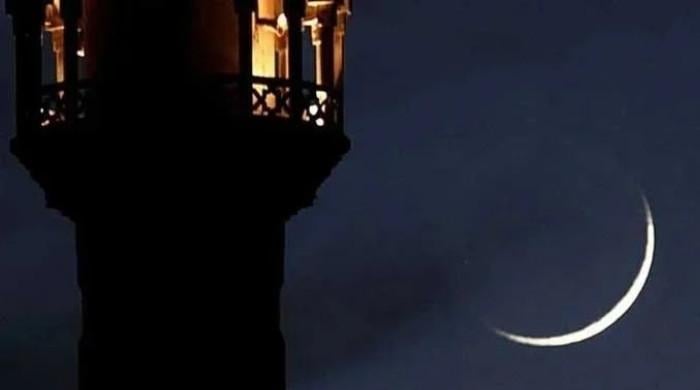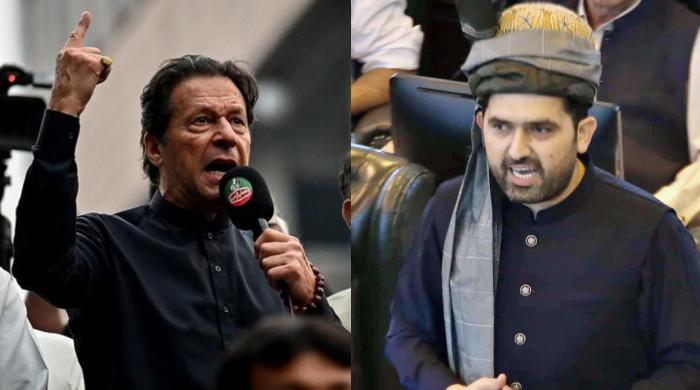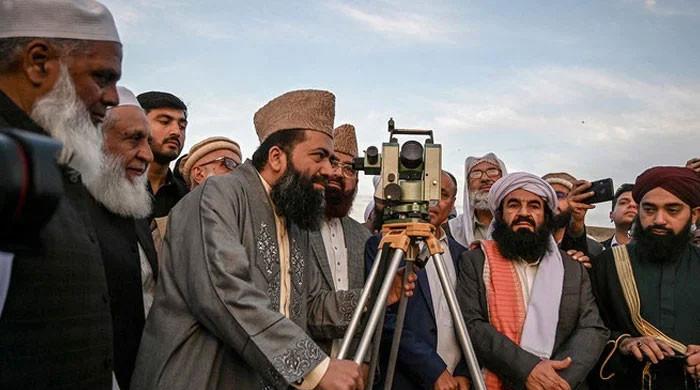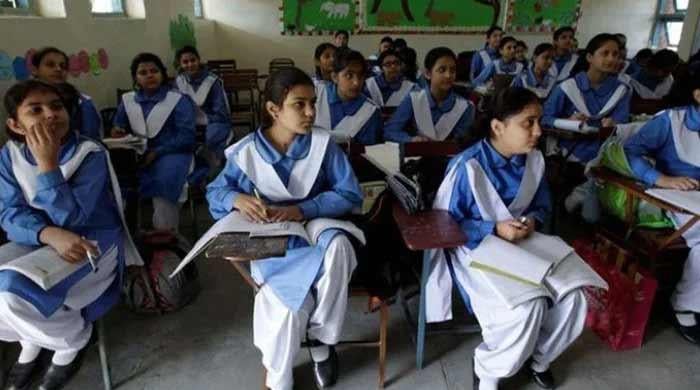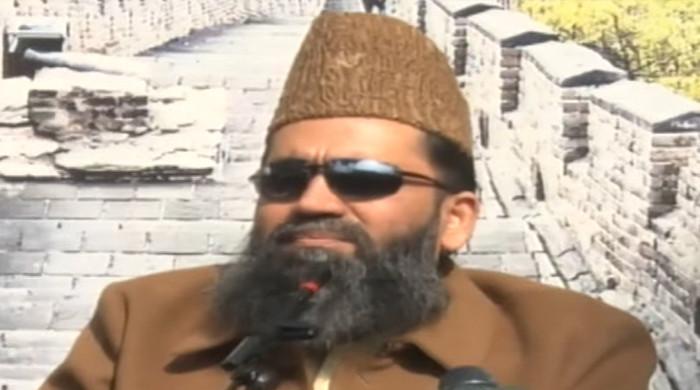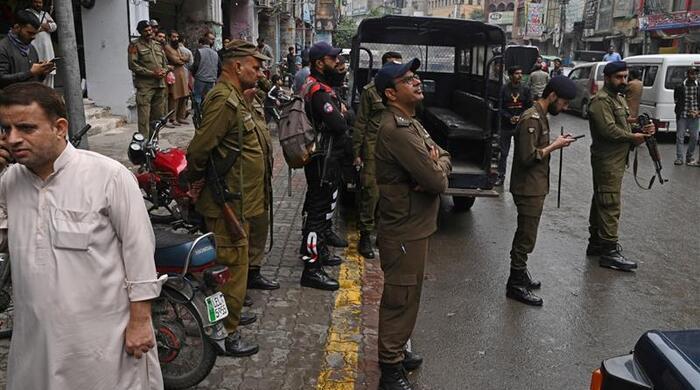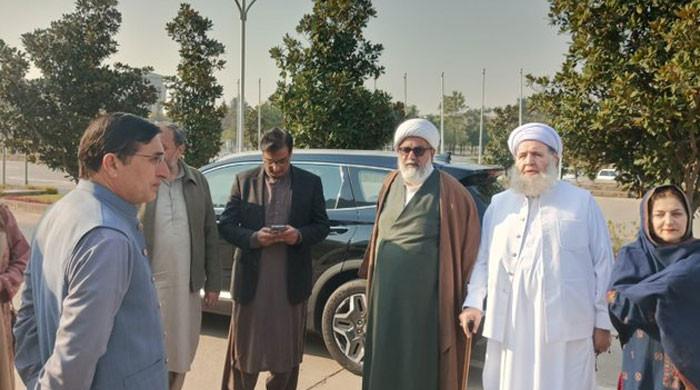Post Balakot strikes: Pakistan had missiles zeroed in on 12 Indian targets
FO source says contrary to former Indian envoy's claim then PM Imran Khan made a call to Modi to warn him of consequences
January 13, 2024
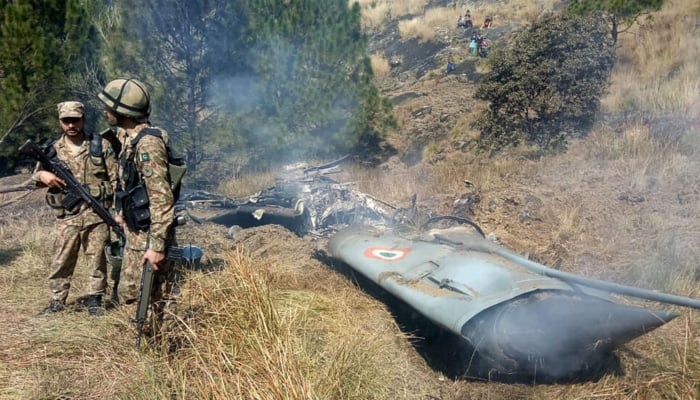
- Indian official “has given exaggerated account of events”.
- Clearly, he wants to project Modi as a strong leader, says source.
- “Pakistan’s decision was the right thing to do”, says FO source.
ISLAMABAD: The Pakistan military aimed 12 missiles at various Indian sites upon learning of India’s deployment of missile against the country in 2019, The News reported.
Citing a reliable source in the Foreign Office, the publication reported that Pakistan received an intelligence report about India’s deployment of missiles towards Pakistani sites in response the Pakistani military took swift action and zeroed in its missiles on 12 Indian targets.
The Foreign Office source was responding to reports about the Pulwama attack in the recently published book by former Indian high commissioner to Pakistan Ajay Bisaria titled "Anger Management: The Troubled Diplomatic Relationship between India and Pakistan". The book has not been read in official circles so far, but extracts have been published in the Indian media.
“The purpose of the reported telephone call by former prime minister Imran Khan was to warn the Indian prime minister of the consequences of India’s actions,” the source said replying to the claim made in the book that “Khan made a panic midnight call to Indian PM Narendra Modi in a bid to avert military crisis” on February 27, 2019, after the Balakot strikes.
In the immediate aftermath of the February 14, 2019 Pulwama attack, Indian PM Modi tried his best to create an impression that India had succeeded in browbeating Pakistan by threatening it with the deployment of six missiles to hit six targets inside Pakistan. And by warning that if Indian Air Force pilot Group Captain Abhinandan Varthaman was not immediately released, Pakistan should be ready for “a night of murder”.
The Foreign Office source also said that the former Indian high commissioner “has certainly given an exaggerated account of the events. The timing of the release of the book is also suspicious. Clearly, he wants to project Modi as a strong leader who has the ability to take bold decisions.”
“Pakistan’s decision was the right thing to do”, said the Foreign Office source, adding that it was being “coordinated by all stakeholders within the country. We had kept the major countries informed of the developments, apprising them of the consequences.”
In this way, said the source, Pakistan broke the myth of the superiority of India’s conventional capability after India tried to strike inside Pakistan’s territory.
Placing this in perspective and negating the Indian propaganda, the Foreign Office source also told The News that: “Before the decisive response given by Pakistan to India’s botched airstrikes, there was a strong perception in India and among some in the international community that, given the huge gap in the conventional capability of India and Pakistan, the latter will be unable to come up with an effective response. However, that myth was broken when Pakistan responded by downing two Indian aircraft besides jamming the Indian defence communication system — resulting in the crash of an Indian helicopter.”
Six Indian Air Force personnel were killed inside the helicopter and one on the ground shot in friendly fire. When Abhinandan’s aircraft was shot down across the Line of Control in Azad Jammu and Kashmir was first captured by local Kashmiris; when they learnt of his identity, they tried to attack him but luckily Pakistan Army soldiers came to his rescue and took him away. His eventual release via the Wagah border saw little opposition inside Pakistan.
Pakistan’s decision to release the Indian pilot was its own and not a result of any pressure.
The Foreign Office source reiterated this as well: “[Abhinandan’s release] was a gesture to ease tensions when Pakistan’s response was well registered”.
Even inside India, it was Satya Pal Malik, former governor of Indian Illegally Occupied Jammu and Kashmir (IIOJK), who blamed Modi for his overreaction and demanded a Supreme Court-monitored investigation into the Pulwama terror attack in 2019, saying that Prime Minister Modi had politicised the deaths of the Indian soldiers for domestic political gains for the elections held that year.




